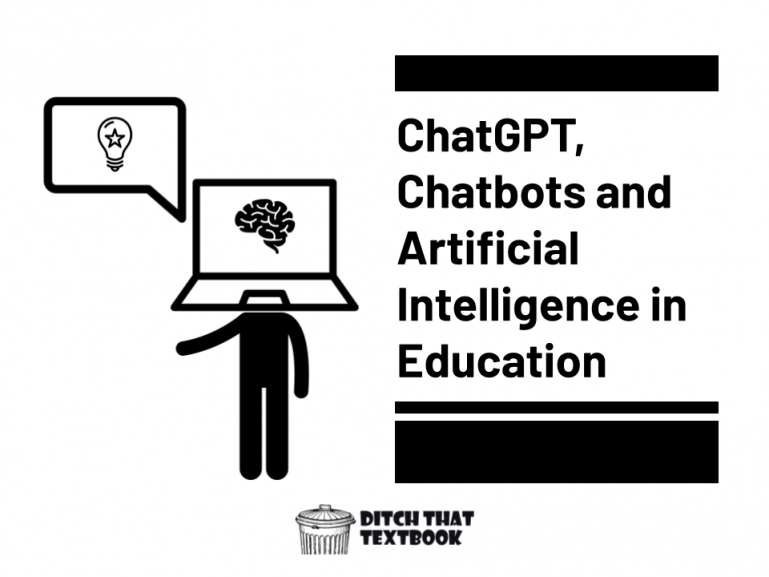ChatGPT Is Leading to Increase in AI-Written E-Books on Amazon

ChatGPT, the software that generates a chatbot-like conversation with a human user, is becoming more popular. Millions of people have been using it for everything from writing amusing songs and poems to helping with email composition.
It’s also having a huge impact on the e-book industry. First-time authors are using it to create bot-made e-books that they can sell through Amazon’s Kindle Direct Publishing arm.
Artificial Intelligence Is Having A Huge Impact On The E-Book Industry
Artificial Intelligence (AI) is an ever-evolving technology that has the potential to change the way we do business and live our lives. It could be used to automate repetitive tasks, improve business processes, make recommendations and increase productivity.
While many people are hesitant to adopt AI technologies, publishers are increasingly looking to utilise AI to help them grow and diversify their revenue streams. This will include incorporating AI into the creation of their books.
One way that publishers are already incorporating AI into their business is through better product recommendation. Using data from customer interactions, retailers are able to make more accurate predictions about demand for specific products in specific timeframes. This has resulted in increased revenues for the company.
Another way that publishers are leveraging AI to help them grow is through improved language modeling. This type of technology allows computers to understand language semantics and complete sentences through word prediction.
As a result of this, some authors have begun writing their e-books with the aid of AI software. In fact, a video has been posted showing an author demonstrating how he was able to write a 119-page novella in less than a day using AI.
There is also a growing market for services that summarize nonfiction book content. For example, Blinkist and MentorBox are companies that are combining text and audio summaries of books.
But as with any new technology, AI will not replace human authors. In fact, Rogers noted that while it has a lot of potential for fiction and high-quality non-fiction, it may be more useful in injecting some variety into the writing process.
The key to getting the most out of AI is a combination of knowing how to use it and having a solid plan for putting it to work. This can be done by understanding the technologies involved, identifying the skills needed and the data you have.
AI-Written E-Books Are Having A Huge Impact On The E-Book Industry
The publishing industry is going through a major transformation as technological developments impact every aspect of it. This includes the rise of smart devices, e-readers, and online journalism. It also involves the emergence of artificial intelligence (AI) in every aspect, including content creation and marketing.
As a result, the number of books written by AI is on the rise. For example, ChatGPT, a software that generates text using artificial intelligence, is leading to an increase in AI-written e-books on Amazon’s Kindle store.
These AI-generated e-books are becoming increasingly popular, especially among writers who want to publish their stories on a fast-track. Reuters recently reported that one author who used ChatGPT to write and illustrate a children’s story was able to have it published on Amazon in less than a day.
This is a huge impact on the e-book industry, as it will make it easier for authors to get their work out into the world. However, many people are concerned about the future of publishing as a result of the introduction of AI in the field.
The problem is that the use of AI in the writing process is not yet regulated by a law that protects the rights of human authors. In addition, many of these AI-generated e-books are not being disclosed by their authors, so it is impossible to determine the true number of AI-written e-books in the world.
Therefore, it is crucial to create a set of rules that govern the use of AI in writing. This will help to ensure that authors are protected and their works are not compromised.
The best way to combat this issue is to have an open and honest debate about the use of AI in publishing. By engaging in productive discussion, people can learn a lot and make informed decisions about their future careers. Moreover, it will allow them to have a positive impact on the world by making the writing and publishing process easier.
